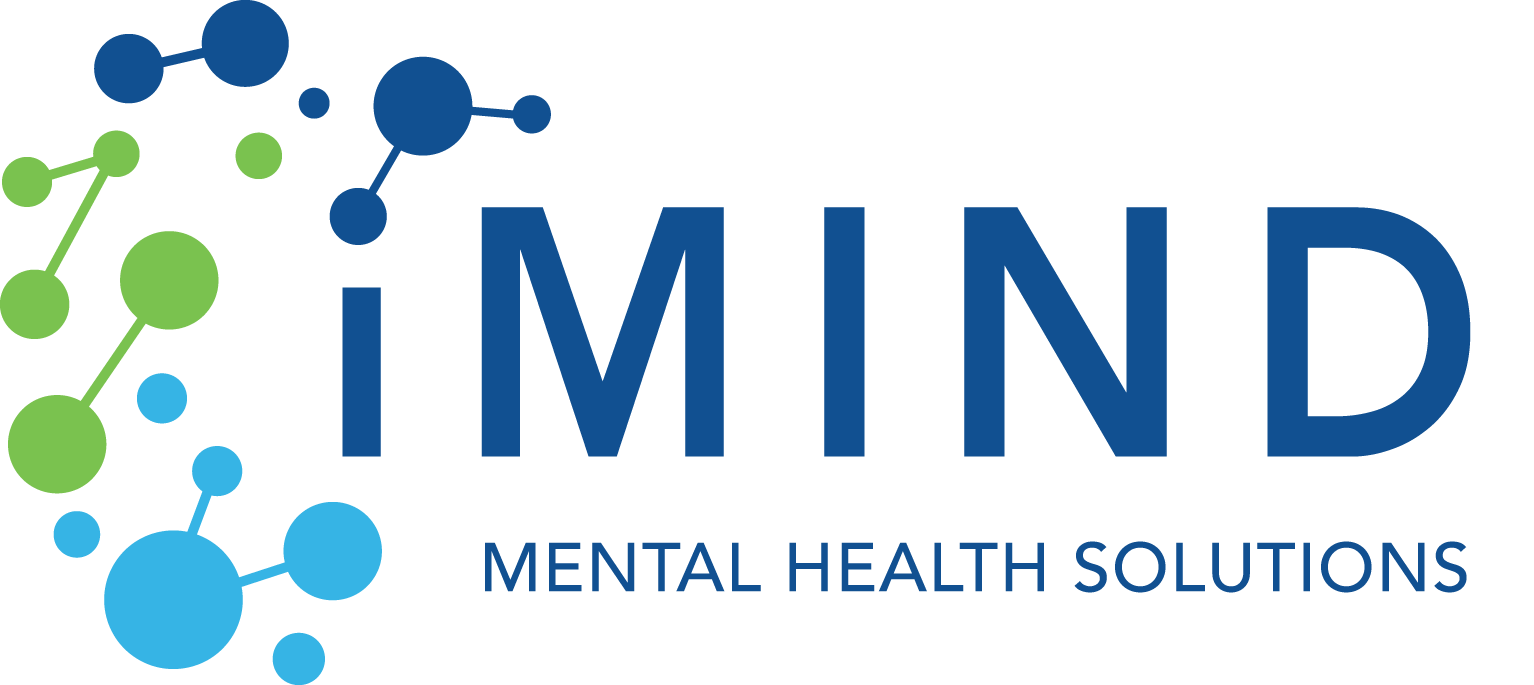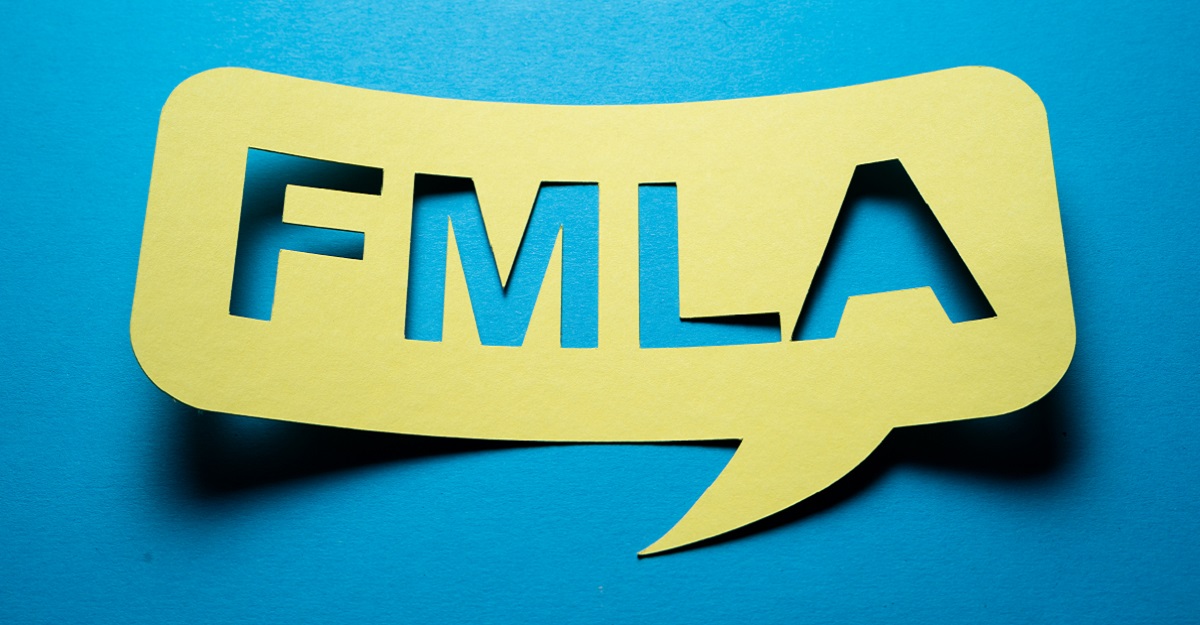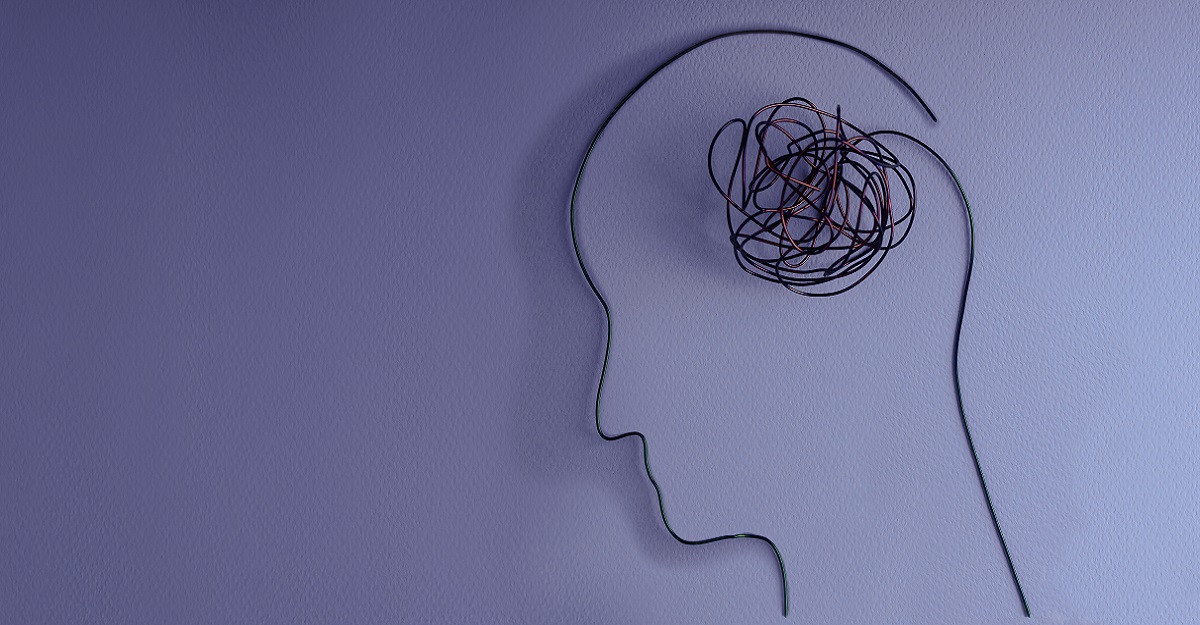TMS
Conquer depression. Control obsessive thoughts and behaviors. Ease anxiety symptoms. TMS has been proven to effectively treat depression, anxious depression, and obsessive-compulsive disorder. It is offered in our Port St. Lucie, Florida office.

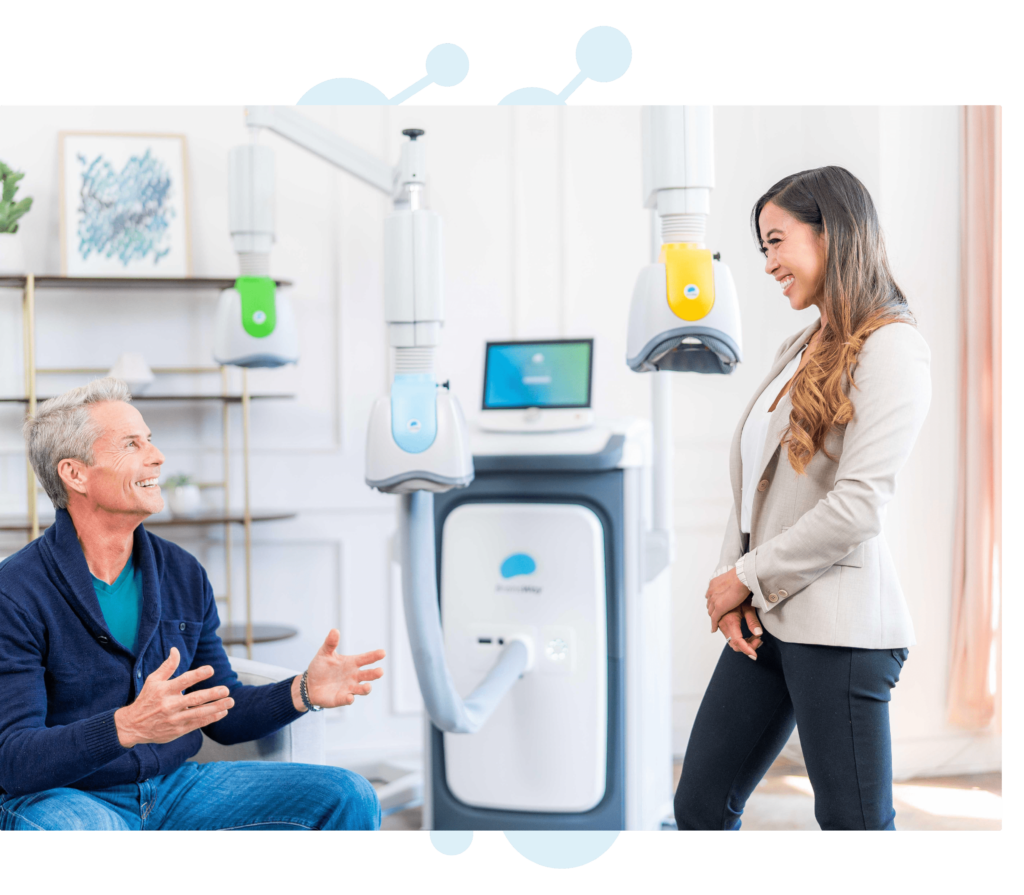
What is TMS?
Transcranial Magnetic Stimulation (TMS) has been FDA-cleared and clinically proven to improve symptoms for treatment-resistant patients with depression. It is non-invasive and there are no systemic side effects commonly associated with medication.
TMS directly targets areas of the brain responsible for mood, stimulating activity that has been shown to alleviate the symptoms of certain mental health conditions. Years of safety data support non-invasive TMS treatment.
- FDA-Cleared & Clinically Proven Treatment for Depression
- Targets Areas of the Brain Affected by Depression
- Safe, Non-Invasive Treatment
How Does TMS Work?
A trained technician will ensure you are seated comfortably, carefully place the helmet on your head, and administer the painless treatment.
You simply relax while electromagnetic impulses are delivered directly to the area of the brain that can stimulate dopamine release.
There is no downtime: You can resume daily activities immediately after each treatment session.
- Sit Comfortably in Our Chair
- Relax while Receiving the Painless Treatment
- Resume Daily Activities


How Do I Get Started with TMS?
Before your TMS appointment, you will have a free consultation to determine if treatment is appropriate for you. We will also verify your insurance coverage. For your first appointment, our physician will conduct a medical screening.
Once cleared for treatment, a treatment plan will be customized to your specific needs. Sessions are about 20 minutes and you are able to drive afterward.
- Have a Free Consultation with our Physician
- We Verify Your Insurance
- Treatment Begins
What Our Clients Say
“When I was introduced to TMS, I was skeptical yet intrigued. After the first week of my treatment, I began to notice how my sleep patterns had changed for the better.
As I entered my third week of TMS, I felt like a fog had been lifted completely. Things were looking up, and my perception of my personal problems did not hold the same weight it had used to.
I’m truly grateful I took the suggestion and started TMS. It’s genuinely improved all aspects of my life. Today, I look forward to waking up and tackling each day the best I can.
Thank you, iMind. for allowing me to be the best version of myself.”

Mental Health Resources
-
Can You Use FMLA for Mental Health?
Yes, under the FMLA, eligible employees can take up to 12 weeks of unpaid leave per year to address qualifying family-related or health issues – including mental health ones – without the fear of losing their jobs. Here are the general eligibility criteria for both employees and employers…
-
What is the Hardest Mental Illness to Have?
Mental health is a complex part of our wellbeing, deeply personal and uniquely challenging for each one of us. When it comes to mental illnesses, there is no one-size-fits-all. Each condition brings its own set of obstacles and experiences. When we ask, “What is the hardest mental illness to have?” the answer is far from…
-
Does My Child Have ADHD?
Attention-Deficit/Hyperactivity Disorder (ADHD) is a neurodevelopmental disorder commonly recognized in childhood. ADHD manifests through pronounced symptoms of distractibility, impulsiveness, and, in many cases, excessive activity that is beyond the expected behavior for a person’s age and development.
-
Can You Use FMLA for Mental Health?
Yes, under the FMLA, eligible employees can take up to 12 weeks of unpaid leave per year to address qualifying family-related or health issues – including mental health ones – without the fear of losing their jobs. Here are the general eligibility criteria for both employees and employers…
-
What is the Hardest Mental Illness to Have?
Mental health is a complex part of our wellbeing, deeply personal and uniquely challenging for each one of us. When it comes to mental illnesses, there is no one-size-fits-all. Each condition brings its own set of obstacles and experiences. When we ask, “What is the hardest mental illness to have?” the answer is far from…
-
Does My Child Have ADHD?
Attention-Deficit/Hyperactivity Disorder (ADHD) is a neurodevelopmental disorder commonly recognized in childhood. ADHD manifests through pronounced symptoms of distractibility, impulsiveness, and, in many cases, excessive activity that is beyond the expected behavior for a person’s age and development.
Latest News
-
Top 10 Questions About Art Therapy for Mental Health
Art therapy has recently gained recognition for its unique blend of healing therapy and personal expression. Despite its growing popularity, there seems to be some misunderstanding about what art therapy entails, who it can benefit, and how it differs from other forms of therapy.
-
ADHD Strengths: The Positive Side of Attention Deficit Hyperactivity Disorder
Scattered minds, fidgety bodies, and difficulty focusing. Attention Deficit Hyperactivity Disorder (ADHD) often gets painted in shades of struggle. But what if there’s a brighter side to the story? What if, beneath the challenges of ADHD, lie unique strengths just waiting to be unlocked?
We accept most major insurances and private pay options are available


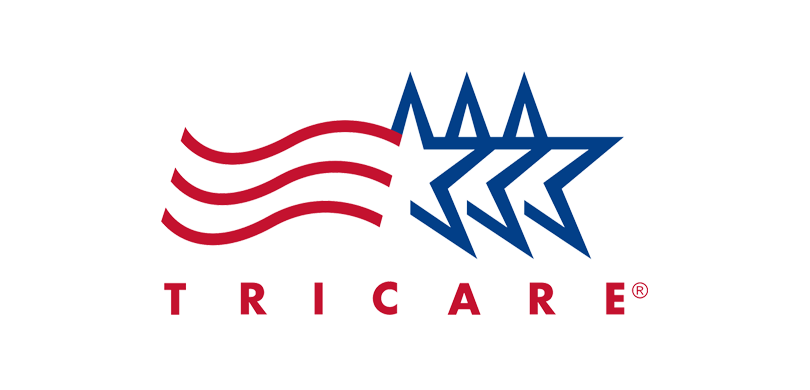






If you do not see your insurance carrier above, please contact us to verify your benefits
